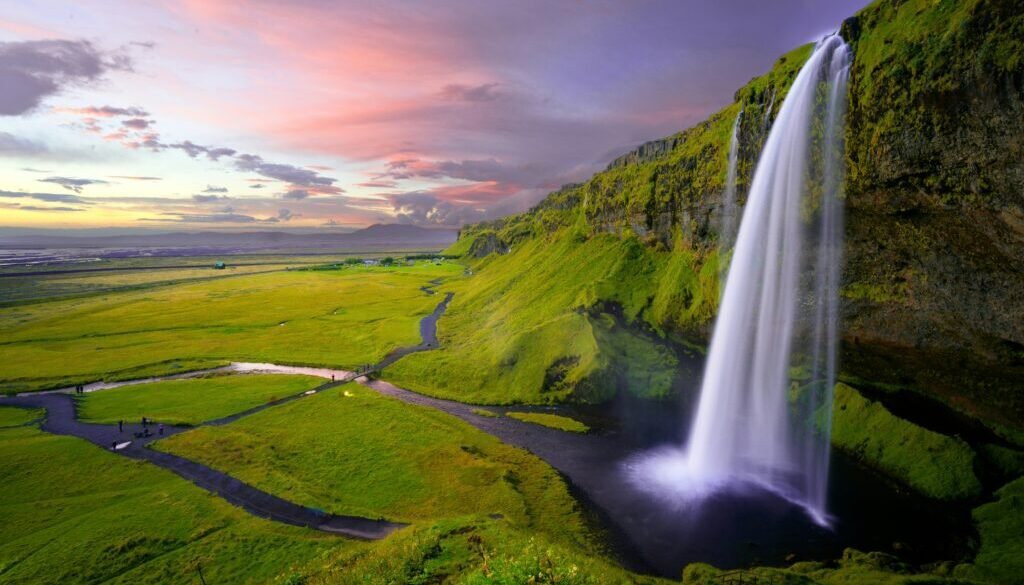Why We Need to Care About the Planet While Traveling Now More Than Ever
Hey, travel enthusiasts! I’m here to chat about something super important: our planet. We all love exploring new places, tasting exotic foods, and snapping that perfect Instagram shot, but have you ever thought about the impact our travels have on Mother Earth? Let’s dive into why caring for the planet while traveling is more critical now than ever before.
1. Climate Change Impact: The Heat is On!
Rising Carbon Emissions: Did you know that aviation accounts for around 2.5% of global CO2 emissions? Just one round-trip flight from New York to London emits about 1.6 metric tons of CO2 per passenger – nearly as much as the annual emissions of an average person in India! Every flight we take adds to the carbon footprint that’s heating up our planet.
Melting Polar Ice Caps: The Arctic is warming twice as fast as the rest of the world. Between 1979 and 2019, the Arctic lost about 40% of its sea ice. This not only affects polar bears and other wildlife but also disrupts global weather patterns. So, yeah, our travel choices do matter!
2. Biodiversity Loss: Nature’s Silent Cry
Habitat Destruction: Tourism can be a double-edged sword. While it brings economic benefits, it can also lead to the destruction of natural habitats. For example, in the Amazon rainforest, areas are being cleared for tourism infrastructure, contributing to the loss of 17% of the forest over the past 50 years. This impacts countless species that call the rainforest home.
Endangered Species: The Great Barrier Reef has lost more than half of its coral cover since 1995, partly due to the impacts of tourism. Coral reefs support 25% of marine species, and their destruction has cascading effects on marine biodiversity. So next time you plan a snorkeling trip, think about the fragile ecosystems you’re visiting.
3. Resource Depletion: Running on Empty
Water Scarcity: Ever thought about how much water you use on vacation? In Bali, the average tourist consumes about 1,800 liters of water per day, compared to the local average of 200 liters. This excessive water use leads to severe shortages for local communities.
Waste Generation: Phuket, Thailand, generates about 700 tons of waste per day, much of it due to tourism. A lot of this waste ends up polluting natural environments and harming wildlife. Imagine pristine beaches littered with plastic – not a pretty sight, right?
4. Cultural Impact: Preserving Traditions
Overtourism: Venice, Italy, sees over 20 million tourists each year, overwhelming its population of about 50,000 residents. The result? A decline in the quality of life for locals and erosion of Venetian culture and traditions. Let’s explore lesser-known destinations to ease the burden on such iconic spots.
Economic Imbalance: The Maldives relies heavily on tourism, which makes up over 30% of its GDP. When the pandemic hit, the sharp drop in tourist arrivals devastated the local economy. It’s a stark reminder of the risks of economic dependency on tourism.
5. Sustainable Solutions: Travel Green
Eco-friendly Accommodations: Look for hotels that use renewable energy, reduce water usage, and minimize waste. For instance, the Whitepod Eco-Luxury Hotel in Switzerland is a great example. It uses renewable energy and sustainable materials, significantly reducing its environmental footprint.
Supporting Local Economies: Buying handmade pottery directly from artisans in Oaxaca, Mexico, supports local crafts and traditions while providing a sustainable income for local families. Your purchases can make a real difference!
6. Personal Responsibility: Be a Green Traveler
Conscious Choices: Each of us has the power to make eco-friendly choices. Use public transportation or rent a bike instead of hiring a car. Cities like Amsterdam and Copenhagen have fantastic public transit systems that can reduce your carbon footprint.
Long-term Benefits: Participate in beach clean-up activities during your trip. Not only does it help the environment, but it also sets a positive example for others. Join a clean-up organized by a local NGO in Bali and see the immediate impact of your efforts.
Conclusion: Our Planet, Our Responsibility
In a nutshell, caring for the planet while traveling is crucial to mitigating climate change, protecting biodiversity, conserving resources, and supporting local communities. By adopting sustainable travel practices, we can minimize our impact and contribute to a healthier, more equitable world.
Let’s make a promise to travel responsibly and ensure that the places we love to visit remain beautiful and vibrant for future generations. Happy travels, eco-warriors!



